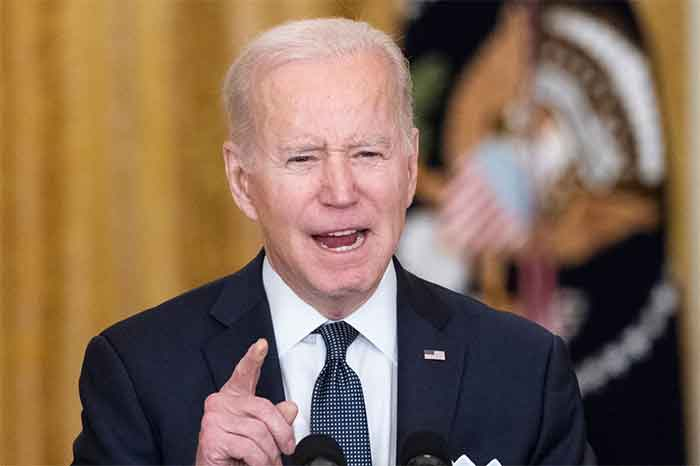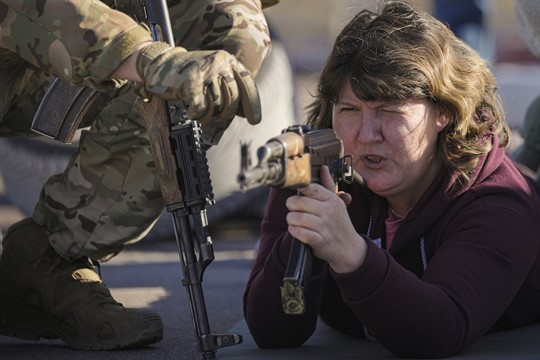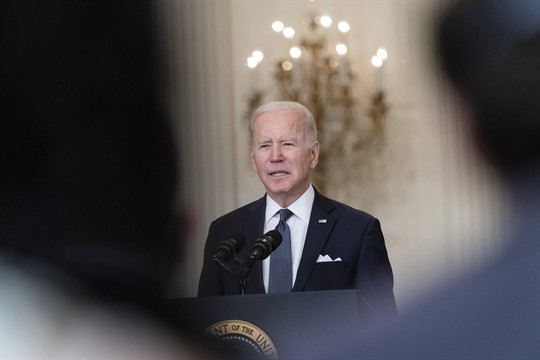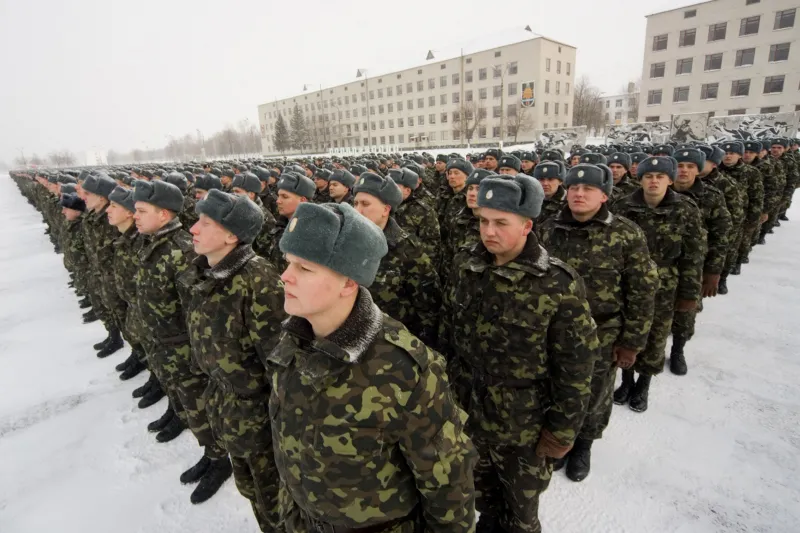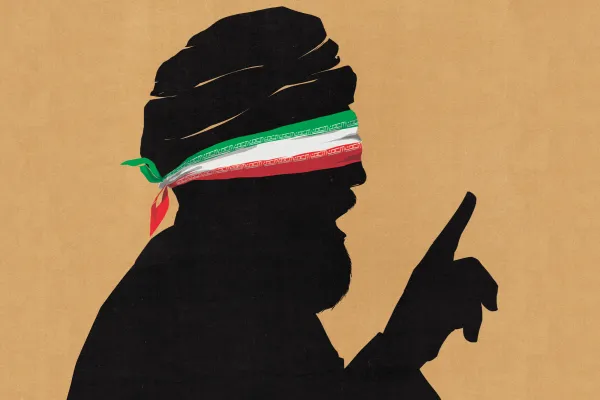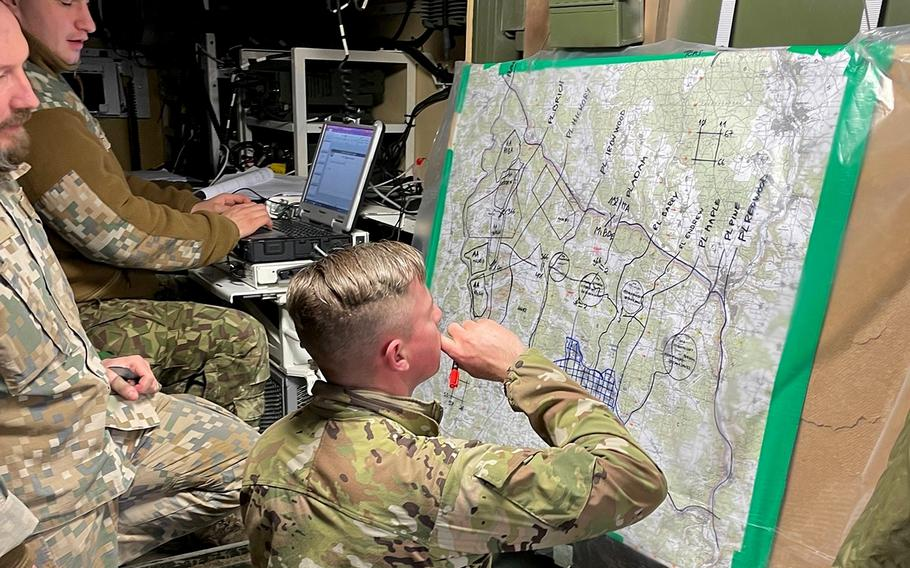The UAE, Saudi Arabia, US, and UK are Complicit in Committing War Crimes in Yemen
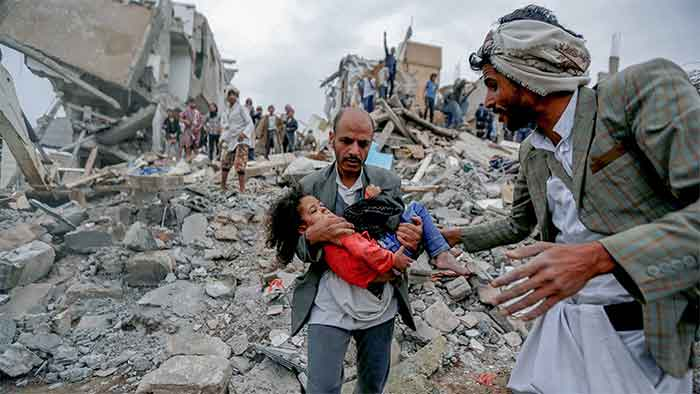
I’ve previously written concerning [Yemen, The War That Should Have Never Been And How To Achieve Peace: Countercurrents: 13/02/2022] the fact the War in Yemen should never have occurred in the first place and the what and how required to achieve peace; either by dividing Yemen in two, North and South Yemen as per the pre-1990 borders, or under a Unity Government. However, seeing as that even today, this idea of peace is fleeting away due to the unwarranted missile and bomb strikes upon Houthis in North Yemen, specifically the continual destruction of civilian targets and assets by the Saudi and UAE military.


